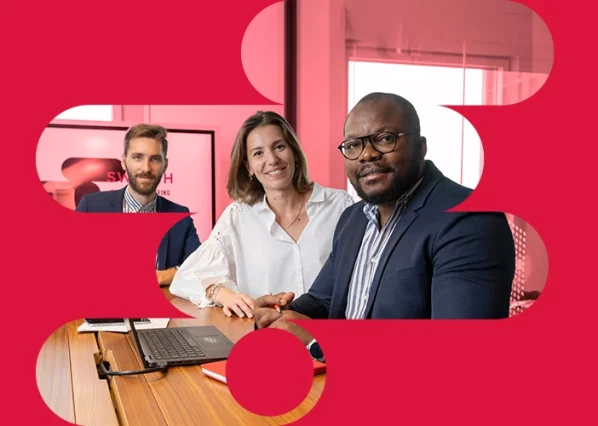Top JOB offers 467 vacancies available
Traffic & Transport Planner
Permanent
Surat
13/04/2024
Electrical Design Engineer
Hyderabad
07/02/2024
Civil Works Inspector
Permanent
Mersin
23/03/2024
Senior Mechanical Engineer
Permanent
Derby
26/02/2024

Discover the right opportunity for you
Our mission
We are more than 7500 Switchers. Spread over 12 countries. Connecting our 700 thousand billion neurons.
All working on the task of the century: switching to low-carbon energy. With a double mission. To design and supervise major infrastructure projects through our engineering activities. Accelerating and enabling the digital transformation of our clients, a key condition for project success.
This is what we put all our energy into. Coupling our historical engineering expertise and project management with digital technologies.
To develop new solutions to build faster, improve the performance of complex infrastructures, and accelerate the development of nuclear and renewable energies, electricity networks, hydrogen projects and low-carbon transport.
Sharing our knowledge, expertise and values allows us to innovate and think differently about the energy transition.
To ensure a viable, efficient and reliable energy future for all.
Assystem
Switch On
Testimonials from our switchers

Victoria McLaughlin
Information Manager
Ashley Weeks
Systems Engineering Head of Discipline
